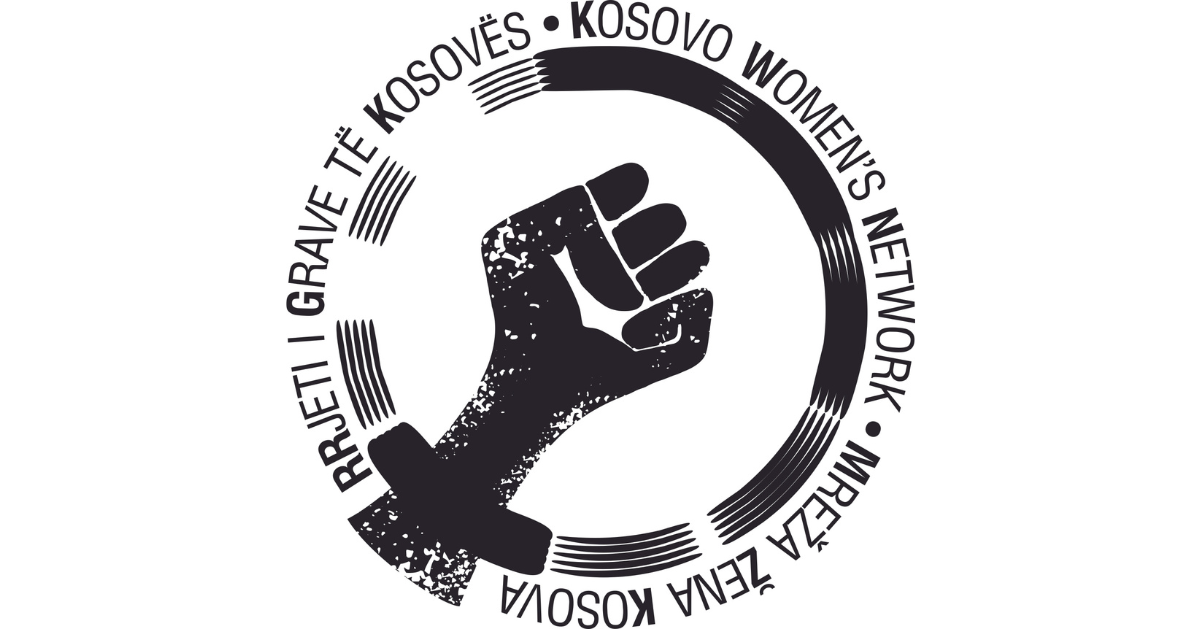The COVID-19 pandemic continues to spread rapidly and unpredictably on a global scale. Developing countries and countries in humanitarian crisis that have no proper economic and health infrastructure will suffer the most. History shows that in such pandemics, social inequality, particularly gender inequality, is even more pronounced. It is important that measures taken against the pandemic are gender-sensitive and that the positioning of different groups in society and the economy are considered, avoiding further deterioration of the situation, especially for marginalized groups. The economic crisis may worsen and deepen gender and social inequality, but measures taken in response to the pandemic and crisis may worsen inequalities if such measures are gender neutral. States are confronting the Coronavirus through emergency measures, but these do not always consider the different needs of women and men. This is also the case regarding the measures taken so far by the government of the Republic of Kosovo.
To the Government of Kosovo
- Urgently conduct a comprehensive gender analysis to inform and guide further government measures. State strategic plans and preventive measures against COVID-19 should be based on gender analysis, including an ex ante gender impact assessment, in accordance with the Law on Gender Equality and international legislation. It should take into account gender roles, the unequal share of care responsibilities among women and men and other issues resulting from the latter. Gender impact assessment would ensure that the following preventive and mitigation measures will address the burden of women’s unpaid work and their increased risk of exposure to gender-based violence. Indeed, gender impact assessment is required as part of the Regulatory Impact Analysis (RIA), which the government must apply whenever any new regulatory framework is proposed, drafted or evaluated. It can support the appropriate integration of a gender perspective in new laws, policies, and programs, including related to COVID-19.
- Include more women in drafting programs and policies related to COVID-19 and in proposing short-term and long-term measures, especially related to social, economic, and health issues, including protection from gender-based violence. The inclusion of more women in decision-making positions, particularly from the health system, can contribute to better address of the needs of diverse women and girls. Such a practice is in line with UN Security Council Resolution 1325, concerning the participation of women in decision-making processes.
To the Ministry of Economy, Employment, Trade, Industry, Entrepreneurship and Strategic Investments and the Ministry of Health
- Include special measures and ongoing efforts within medium-term measures to identify rights violations related to the informal economy, address the needs of women in this sector, and to ensure women have access to and benefit from private sector financial support schemes.
- Address the burden of women’s unpaid labor through special measures related to the delivery of social assistance, psychosocial services, and medical-hygienic services.
- Ensure the Labor Inspectorate monitors and addresses violations of labor rights in the private sector, particularly in essential services, where women are over-represented. This includes addressing prolonged working hours without extra pay.
- Ensure recognition of unpaid care work as part of the economic system, as specified in Article 18 of the Law on Gender Equality, especially during the formulation and implementation of macroeconomic policies and measures in response to the pandemic. This can be done by modifying the leave of absence and by encouraging the latter to be split between both parents, or by enabling women to benefit from public provisions for children and elderly care. Such practice should be applied especially in the essential sectors, where work is ongoing and children or the elderly are at risk of being left without adequate care.
- Collect regularly gender-disaggregated data to understand better how women and men are affected differently by the virus, not only in terms of infection, but also economically, in shared care responsibilities, and in relation to domestic violence. Such information should be used by relevant ministries and municipalities when implementing the national response plan.
- Prior consultation with organizations that have expertise in gender equality issues is crucial, and as such, is recommended as part of the nation response plan.
- Integrate the needs of nurses and physicians in strategic plans related to COVID-19. Ensure that nurses and women physicians, as well as women in other occupations in the health system, have their essential hygienic and sanitary needs met, including the provision of menstrual products and hygienic wipes where lacking. Ensure that they are sufficiently equipped to maintain personal hygiene and to be protected while serving on the front lines of health services.
Recommendations for the Inter-Institutional Response to Gender-Based Violence
- Prioritize services for preventing and responding to gender-based violence, including domestic violence, amid the COVID-19 pandemic, including sufficient funding to cover any extra costs for civil society organizations, shelters and day care centers that serve persons suffering from gender-based violence. Ensure that these centers have sufficient medical, hygienic and sanitary means. Ensure access to psychological treatment, even virtually.
- Develop a protocol for the treatment of women who cannot be admitted to such centers as a result of infection, including safe quarantine and access to testing.
- Specify measures to be taken related to gender-based violence, including ensuring continued work of Victim Advocates and policy preparedness in emergency treatment of violence cases. Inform the public about the work of these institutions and where they can access support.
- Ensure that health workers have gender-sensitive responses to gender-based violence, which may be associated with or worsened by the pandemic. First responders should be trained to know who needs extra care or who should be brought to treatment centers.
To the Ministry of Finance
- Review the mid-term budget using best principles of gender responsive budgeting, and drawing from the findings of gender impact assessments, as provided by the Law on Gender Equality. Consider the different needs of diverse women and men.
To the European Union
- Ensure that all European Union (EU) funds are programmed and distributed based on ex ante gender impact assessments and involving gender mainstreaming; all programs also should take into account the principles of gender responsive budgeting.
- Ensure mid-term programming includes special measures to attend to the social and economic protection of women, as a marginalized group, as initially stated in the EU declaration on planning and distributing these funds.
*****
Read HERE the full KWN Policy Brief.
*****




